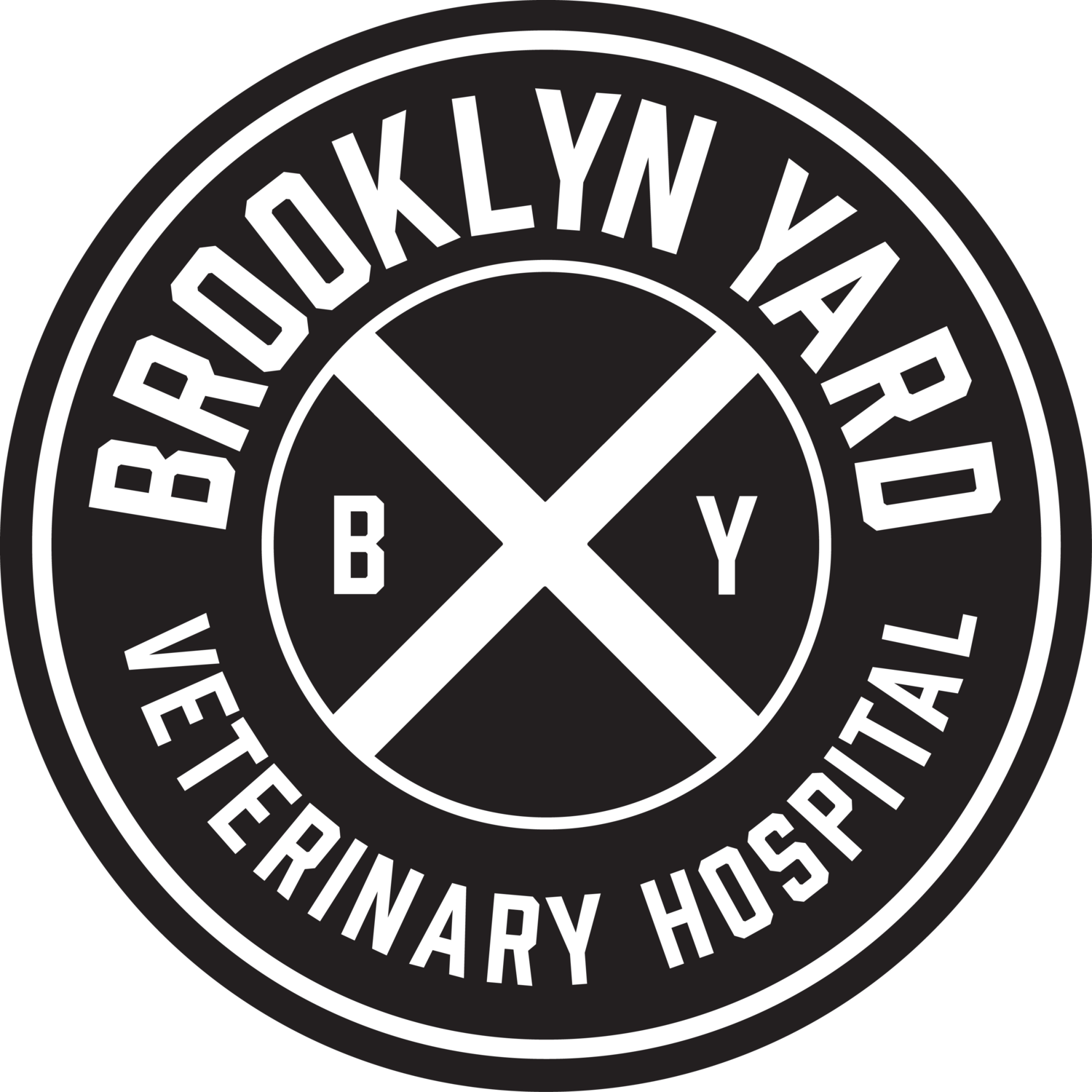Atypical Canine Infectious Respiratory Disease (CIRD)
UPDATE: As of January 24th, 2024, no new cases of CIRD have been reported to the Oregon Department of Agriculture.
Practical and updated information from The Worms & Germs Blog, a blog written by a veterinary epidemiologist: A dog owner’s guide to navigating respiratory disease concerns as of November 27, 2023
Dr. Weese is a veterinary internist, a Diplomate of the American College of Veterinary Internal Medicine, and a Fellow of the Canadian Academy of Health Sciences. He is a Professor at the Ontario Veterinary College, University of Guelph, Director of the University of Guelph Centre for Public Health and Zoonoses, Chief of Infection Control at the Ontario Veterinary College Health Sciences Centre, and is a member of numerous national and international committees dealing with infectious diseases and antimicrobial resistance, including the Quadripartite (WHO, WOAH, FAO, UNEP) Global Leaders Group on AMR.
+ + + + + + + + + + + + + + + + + + + + + ++ + +
Please continue to follow the recommendations from the ODA presented below:
Most folks have likely heard about the reports of a respiratory disease making dogs pretty sick, and in some cases dying, starting this summer. Atypical canine infectious respiratory disease (CIRDC) is still circulating in the Portland metro and Willamette Valley areas. The Oregon Department of Agriculture (ODA) began receiving reports of this atypical CIRDC in August of 2023. The appropriate authorities are continuing to monitor reports and are working diligently to try to identify the etiology. To date, this does not appear typical of Canine Influenza Virus (CIV), but it is suspected that this infection has a viral component. This is why some cases that start out looking like kennel cough (Bordatella Bronchiseptica) are not responding to antibiotics. Brooklyn Yard Veterinary Hospital is continuing to monitor this situation closely.
This statement was put out on November 9, 2023 by the Oregon Veterinary Medical Association (OVMA) and is the latest update on this situation. The OVMA is a trusted source of information and works with the state veterinarian and other experts.
The take-home message is to practice caution instead of worry. This is especially important if your dog regularly interacts with other dogs (daycare, play groups, etc.) or is boarded.
The cases reported to the ODA appear to primarily fall within three general clinical syndromes:
Chronic mild-moderate tracheobronchitis with a prolonged duration (6-8 weeks or longer) that is minimally or not responsive to antibiotics.
Chronic pneumonia that is minimally or not responsive to antibiotics.
Acute pneumonia that rapidly becomes severe and often leads to poor outcomes in as little as 24-36 hours.
We are following the recommendations of the state veterinarian and are recommending that those dogs at higher risk (social dogs) keep current with BOTH the Bivalent Canine Influenza Vaccination (CIV) and Bordatella vaccinations. If a dog has never received the CIV vaccination, it is a two-part booster series given 3-4 weeks apart. Currently, we have CIV in stock, but in the past few months, it has been on limited allocation. At this time, the supply seems to have stabilized.
If your dog starts coughing, it would be best to have them checked out by a veterinarian. It is also important that dog guardians stay especially vigilant about no contact with any other dogs if there is concern about any sort of respiratory infection.
If folks are traveling this holiday season and their dog is traveling with them or going into a boarding situation, this would be the time to be extra diligent about watching for any respiratory symptoms. This is a good site that keeps track of outbreaks on a local and national level (especially in cases where folks are traveling with their dogs): Pet Disease Alerts
Please let us know if you have any further questions! If you are interested in updating or starting your dog's Canine Influenza Vaccination, please give us a call to schedule.
